There are many ways to understand and deal with the constrictions that are a part of this life. I have often referred to this constricting force as gravity or as an aspect of a greater force I refer to as the Archon. While those are helpful terms in understanding those constrictions from the point of view of the current that I follow, there are many ways to interpret this constriction of self that are part of our present reality.
In the hopes of giving you a better understanding of these cages so that you find your own unique way to try to break free from them, let me give you some helpful techniques using a more broad perspective.
Introduction
In the complex landscape of human existence, many individuals find themselves grappling with an unseen yet palpable sense of confinement. This feeling often stems from the intricate web of societal norms, cultural expectations, and self-imposed limitations that subtly shape our daily lives and long-term aspirations. These invisible barriers, while not physical in nature, can be just as restrictive as tangible walls, creating a sense of being trapped within a life that may not align with one’s true desires or potential.
The yearning to break free from these constraints is a common human experience, transcending age, culture, and background. It’s a deep-seated desire to shed the layers of expectation and conformity that have accumulated over years of social conditioning. This longing for authenticity and self-realization is not merely a fleeting wish, but a powerful drive that can lead to profound personal transformation.
In this comprehensive exploration, we will delve into the multifaceted nature of these hidden forces that mold our reality. We’ll examine how societal expectations, cultural norms, and ingrained beliefs work in concert to create a framework within which most people operate, often without conscious awareness. By shining a light on these subtle yet influential factors, we can begin to understand their impact on our choices, behaviors, and self-perception.
Moreover, this journey will not stop at mere identification of these constraints. We will venture further, uncovering and discussing a range of powerful strategies and techniques designed to help individuals transcend these limitations. These methods offer practical approaches to breaking free from restrictive patterns of thought and behavior.
The Invisible Cage: Understanding Life’s Constrictions
The Gravity of Consensus Reality
Our world is governed by unseen forces that shape our experiences and limit our potential. These constrictions, which I often refer to as “gravity” or the “archon,” are deeply ingrained in the fabric of our reality. From a more physically perceivable point of view, they manifest as societal norms, expectations, and belief systems that subtly influence our thoughts and actions.
The Paradox of Self-Created Boundaries
The constraints we encounter in life are not merely external forces acting upon us. Contrary to what many might assume, we are active participants in the creation and perpetuation of these limitations. This phenomenon presents a fascinating paradox that lies at the heart of personal growth and self-discovery.
Our minds, in their infinite complexity, construct intricate frameworks of beliefs, expectations, and assumptions about ourselves and the world around us. These mental constructs, while often invisible to our conscious awareness, exert a powerful influence on our perceptions, decisions, and actions. We unconsciously reinforce these self-imposed boundaries through our daily choices, habits, and thought patterns.
The question that naturally arises is: Why would we willingly participate in limiting our own potential? The answer lies in the profound purpose these self-created boundaries serve in our spiritual and personal evolution. These limitations act as a crucible for self-discovery, providing a contrasting backdrop against which we can define and refine our true essence.
By encountering and grappling with these self-imposed restrictions, we engage in a process of elimination and affirmation. Each limitation we confront offers an opportunity to discern what resonates with our authentic self and what does not. This process of differentiation is crucial for developing a clear sense of identity and purpose.
Moreover, these self-created boundaries serve as catalysts for growth. They challenge us to question our assumptions, push beyond our comfort zones, and explore the depths of our capabilities. In facing and overcoming these limitations, we cultivate resilience, creativity, and self-awareness.
The journey of self-discovery often involves a gradual peeling away of layers of conditioning and false beliefs. As we navigate through the maze of our self-imposed restrictions, we uncover hidden aspects of our true nature. This exploration leads to moments of profound realization, where we recognize the vast expanse of our potential that lies beyond the artificial confines we’ve constructed.
Interestingly, the very act of creating and maintaining these limitations is a testament to our innate power. It demonstrates our ability to shape our reality through our beliefs and perceptions. Recognizing this power is the first step towards consciously redirecting it towards expansive and empowering ends.
As we progress on our spiritual journey, we begin to see these self-imposed boundaries not as insurmountable obstacles, but as valuable tools for self-understanding. They become mirrors reflecting our deepest fears, aspirations, and untapped potential. By embracing this paradox, we transform our relationship with limitations, viewing them as opportunities for growth rather than hindrances to our progress.
Ultimately, the dance between self-limitation and self-expansion becomes a sacred process of becoming. It is through this intricate interplay that we sculpt our identity, refine our values, and align with our true purpose. The journey of transcending self-imposed limitations is, in essence, the journey of becoming who we truly are.
10 Transformative Steps
1. Embrace Your Innate Drive for Authenticity
Within every individual lies a fundamental impulse to question, challenge, and transcend the established norms of society. This inherent tendency is not a defect or flaw in character, but rather a vital aspect of human nature that propels personal growth and societal evolution. It’s crucial to recognize that the discomfort and frustration you may experience when confronted with societal constraints are not signs of maladjustment, but rather indicators of your authentic self striving for expression. By acknowledging and embracing this aspect of your nature, you open the door to profound self-discovery and personal transformation.
2. Reinterpret Obstacles as Catalysts for Growth
Life’s journey is replete with challenges, setbacks, and seemingly insurmountable obstacles. However, a shift in perspective can transform these difficulties from sources of despair into powerful catalysts for personal development. Each challenge you encounter is an intricately designed scenario, offering unique opportunities to delve deeper into your core beliefs, values, and capabilities. By approaching obstacles with curiosity and openness, you can uncover hidden strengths, refine your worldview, and cultivate resilience. This reframing process allows you to extract valuable lessons from every experience, turning even the most daunting challenges into stepping stones toward personal evolution.
3. Acknowledge the Centrality of Your Spiritual Essence
The very act of engaging with content that explores personal growth and spiritual development is a clear indication of an awakening consciousness. This engagement signifies that your spiritual identity is not a peripheral aspect of your being, but a central, driving force in your life. By recognizing and honoring this spiritual dimension, you align yourself with a profound source of guidance, wisdom, and purpose. This spiritual core serves as an internal compass, helping you navigate the complexities of life with greater clarity and authenticity. Embracing your spiritual identity doesn’t necessitate adherence to any particular belief system; rather, it involves acknowledging the deeper, non-material aspects of your existence and allowing them to help you with your choices and actions.
4. Engage with Life’s Paradoxes and Contradictions
Throughout your journey, you will inevitably encounter situations and ideas that appear to contradict your deeply held beliefs and inner truths. These contradictions, far from being mere obstacles or sources of confusion, serve a vital purpose in your personal growth. They challenge you to examine your beliefs more closely, to question assumptions, and to refine your understanding of yourself and the world around you. By engaging with these contradictions rather than avoiding them, you develop a more nuanced and flexible worldview. This process of confrontation and reconciliation helps you discern which aspects of your belief system truly resonate with your authentic self and which may be limiting your growth.
5. Cultivate and Exercise Conscious Choice
At the core of personal empowerment lies the ability to make conscious choices aligned with your inner wisdom and values. This capacity for self-directed decision-making is not just a right but a responsibility in the journey of self-realization. When faced with decisions, big or small, practice tuning into your intuition and inner guidance. This may involve moments of quiet reflection, meditation, or simply paying attention to your gut feelings. By consistently choosing paths that resonate with your authentic self, even when they diverge from societal expectations or norms, you strengthen your ability to live in alignment with your true nature. This practice of conscious choice-making builds confidence, fosters personal integrity, and leads to a more fulfilling and authentic life experience.
6. Identify and Transcend Limiting Belief Systems
Our world is permeated with ideologies and belief systems that often operate on a foundation of fear, scarcity, and limitation. These paradigms can subtly or overtly influence our thoughts, behaviors, and self-perception, often in ways that constrain our potential. The process of identifying these limiting beliefs requires keen self-awareness and the willingness to question deeply ingrained assumptions. Once identified, the next step is to critically examine these beliefs, understanding their origins and the ways they may have served you in the past. The ultimate goal is to consciously choose which beliefs to retain and which to release, replacing limiting perspectives with empowering ones that support your growth and authenticity. This process of ideological decluttering creates space for new, expansive ways of thinking and being.
7. Release the Burden of Unwarranted Guilt and Obligation
As you progress on your journey of self-discovery and begin to align more closely with your authentic self, you may encounter resistance from your environment. This resistance often manifests as feelings of guilt or a sense of obligation to maintain the status quo. It’s crucial to recognize that these feelings, while natural, are not necessarily indicators of right action. Your personal growth and authenticity are not selfish pursuits but essential contributions to the collective evolution of consciousness. By releasing unwarranted guilt and freeing yourself from obligations that no longer serve your highest good, you create space for more genuine relationships and interactions. Remember, true compassion and responsibility often require the courage to disappoint others’ expectations in service of a greater truth.
Just make sure that the greater truth that you are fighting for his actually your own as opposed to the conditioned truth of the consensus! Let me repeat this one because it is crucially important, make sure that the greater truth that you are fighting for is actually your own as opposed to a condition truth of the consensus. There is no greater power than the ability to discover our own true self as opposed to the self that was created and placed upon us by the consensus. Become yourself, not a pawn of the consensus.
8. Recognize and Harness Your Innate Power
The challenges and constraints you face in life are not random occurrences but carefully chosen experiences that serve a higher purpose in your personal evolution. Within you resides a wellspring of power and potential, often dormant or underutilized. This innate power is not something to be acquired but rather uncovered and activated. By acknowledging this inner strength, you begin to approach life’s obstacles with a sense of purpose and capability. Embracing your power involves taking responsibility for your experiences, recognizing your ability to influence your reality, and approaching challenges as opportunities to express and expand your innate capabilities. This shift in perspective from powerlessness to empowerment is transformative, enabling you to navigate life’s complexities with greater ease and effectiveness.
9. Honor and Express Your Unique Essence
Your individuality, with all its quirks, passions, and distinctive qualities, is not an accident or a flaw to be corrected. It is, in fact, your greatest gift to the world. The impulse to break free from conformity and express your unique self is a fundamental aspect of your spiritual and personal growth. By celebrating and nurturing the qualities that make you distinct, you not only enrich your own life experience but also contribute to the diversity and evolution of human consciousness. Embracing your uniqueness requires courage, as it often means standing apart from the crowd. However, it is through the authentic expression of your individual essence that you fulfill your highest potential and inspire others to do the same.
Just make sure that in expressing your individual self, you do not impose yourself on others! True expression of a unique individuality does not mean breaking the individuality of others whether you perceive that other individuality to be right or wrong. Becoming your true self means working on yourself, not fighting some external war with others to see who decides what is the future of consensus.
10. Cultivate a Multifaceted Perspective on Life
The journey of self-discovery and personal growth is greatly enriched by exploring a wide array of viewpoints, philosophies, and ways of being. This exploration goes beyond mere intellectual curiosity; it is a practical approach to expanding your consciousness and refining your understanding of yourself and the world. By engaging with diverse perspectives, you challenge your existing beliefs, broaden your horizons, and develop a more nuanced worldview. This process of intellectual and spiritual exploration helps you identify resonant truths that can guide your personal growth. It also fosters empathy, flexibility, and creativity in problem-solving. The goal is not to adopt every new idea you encounter, but to use this diverse knowledge as a mirror to reflect on your own beliefs and values, ultimately forging a path that is uniquely aligned with your authentic self.
The Journey of Self-Discovery: Unveiling Your True Essence
The Purpose Behind the Struggle
Life’s challenges aren’t random occurrences. They’re carefully orchestrated experiences designed to help you explore your innermost beliefs on fundamental issues. By confronting these barriers, you’re given the opportunity to reaffirm your spiritual identity and connection to the universe.
Breaking the Mold
When you try to fit into predefined roles or expectations, you’ll often experience discomfort. This unease is a clear sign that you’re deviating from your authentic self. Listen to these internal cues and have the courage to break away from situations that don’t align with your true nature.
The Power of Conscious Choice
As you navigate this journey, remember that you have the power to choose your path. You’re not bound by societal pressures or outdated belief systems. Embrace the freedom to make decisions that resonate with your inner truth, even if they go against the grain.
Conclusion: Embracing Your Limitless Potential
The path to self-discovery and personal growth isn’t always easy, but it’s infinitely rewarding. By understanding the nature of life’s constrictions and your role in creating them, you can begin to break free from limiting beliefs and tap into your true potential.
Remember, you are a powerful being capable of transcending any barrier. The challenges you face are not meant to break you, but to reveal your inner strength and wisdom. As you continue on this journey, trust in your ability to navigate life’s complexities and emerge stronger, wiser, and more authentically you.
Embrace your unique perspective, celebrate your rebellious spirit, and never stop questioning the status quo. Your journey of self-discovery is just beginning, and the possibilities are limitless. Are you ready to break free and unleash your true potential?

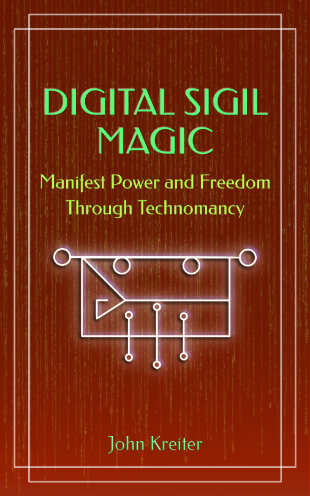
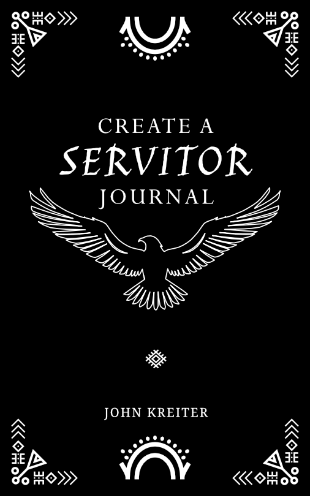
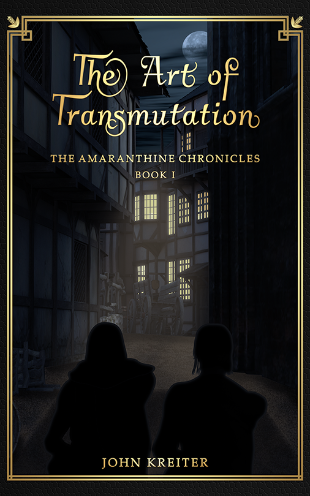
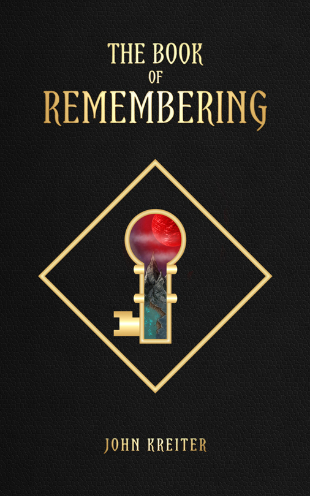
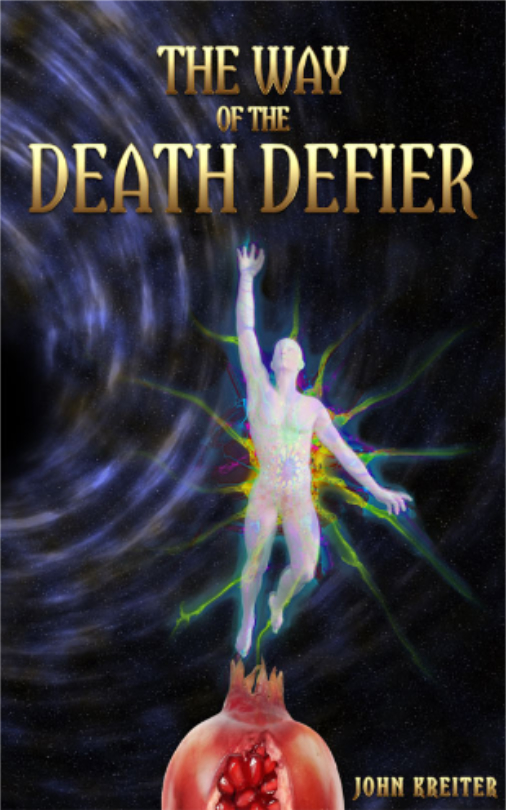
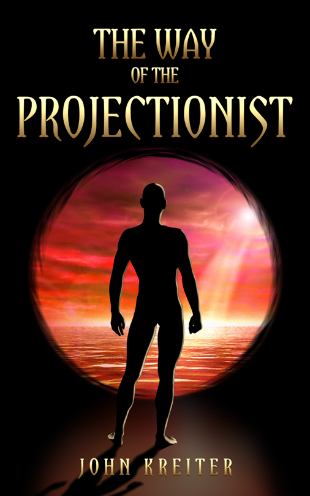
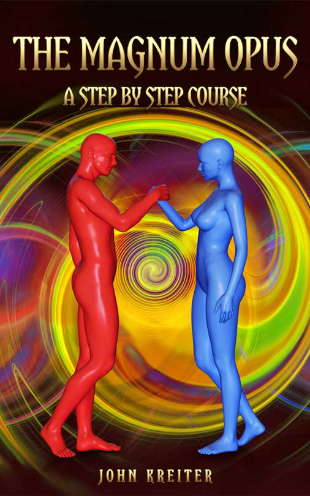
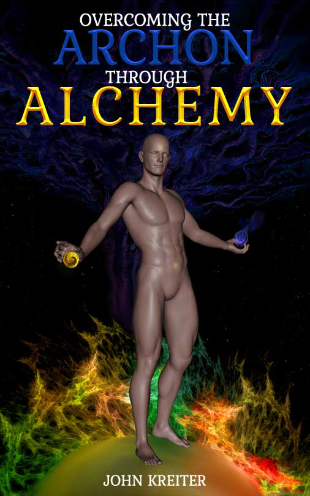
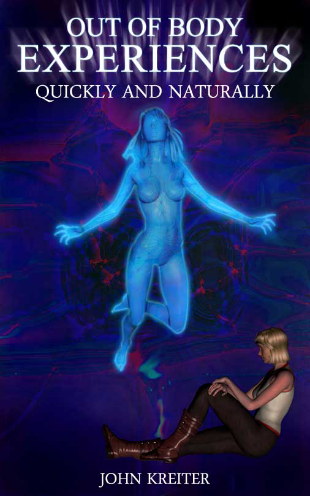
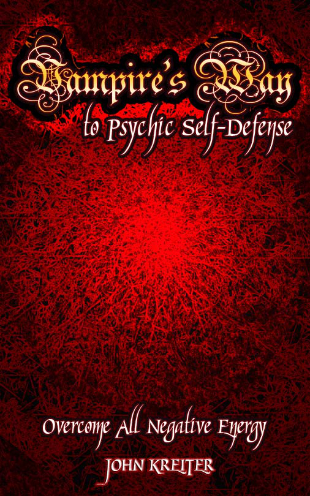
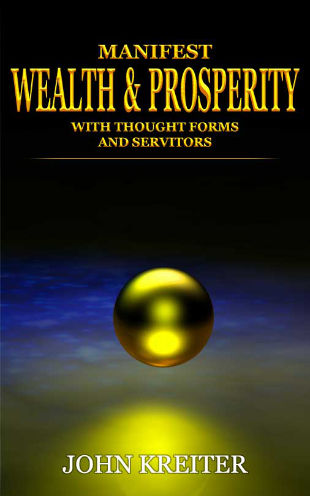
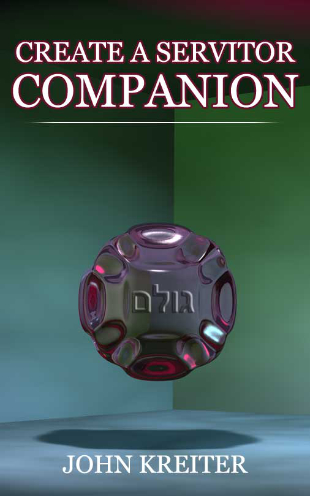
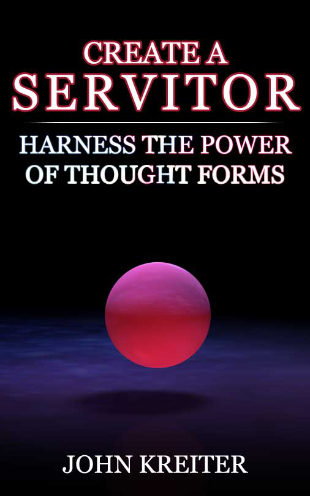

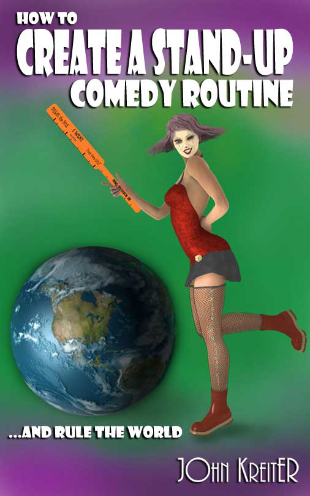
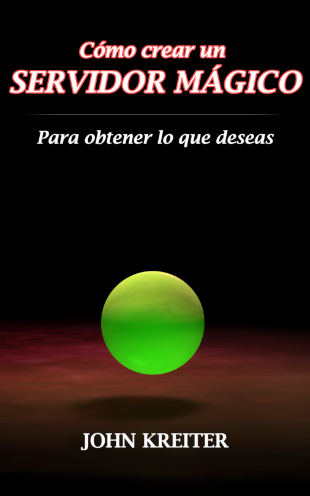
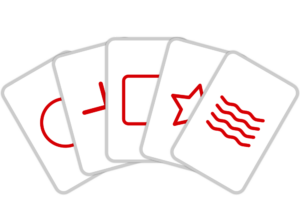

Leave a Reply